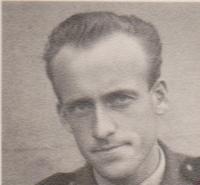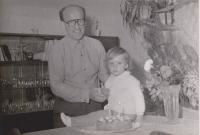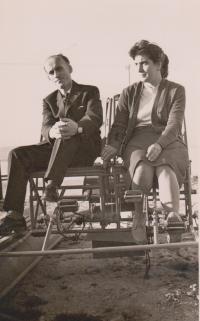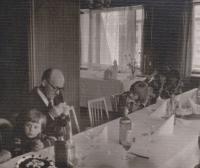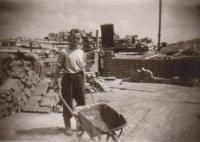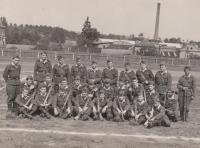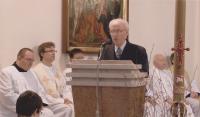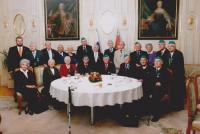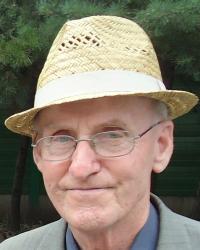I believe in God, the father almighty, creator of heaven and earth

Stáhnout obrázek
Viliam Maretta was born on May 28, 1933 in Dolný Kubín. His father was a baker and at first he owned a bakery in Kláštor pod Znievom, then in Dolný Kubín. During the Slovak National Uprising was Viliam‘s father captured by partisans and after the communist takeover he was imprisoned for 13 months due to the Catholic Action. The family bakery was nationalized. In years 1953 - 1955 Viliam had to enlist in the penal military service in Auxiliary Technical Battalions (PTP) at nine different locations. After the release to civilian life he began working at the Elektro-Praga factory in Dolný Kubín. However, later because of conflicts with communist co-workers he left to a factory in Mokraď, where he stayed working until his retirement. In 1961 he got married to Agnesa née Kampošová and they‘ve had three sons and three daughters.
